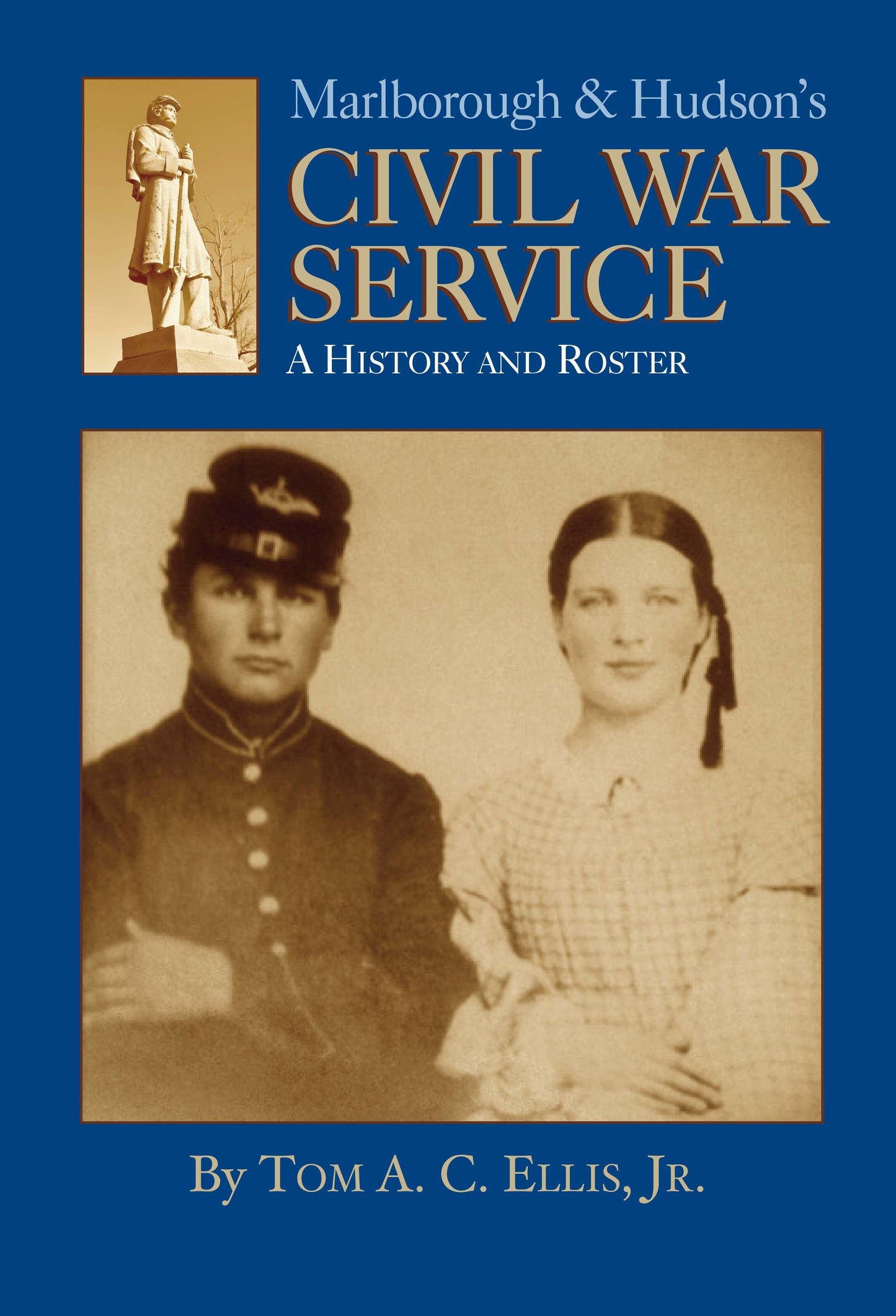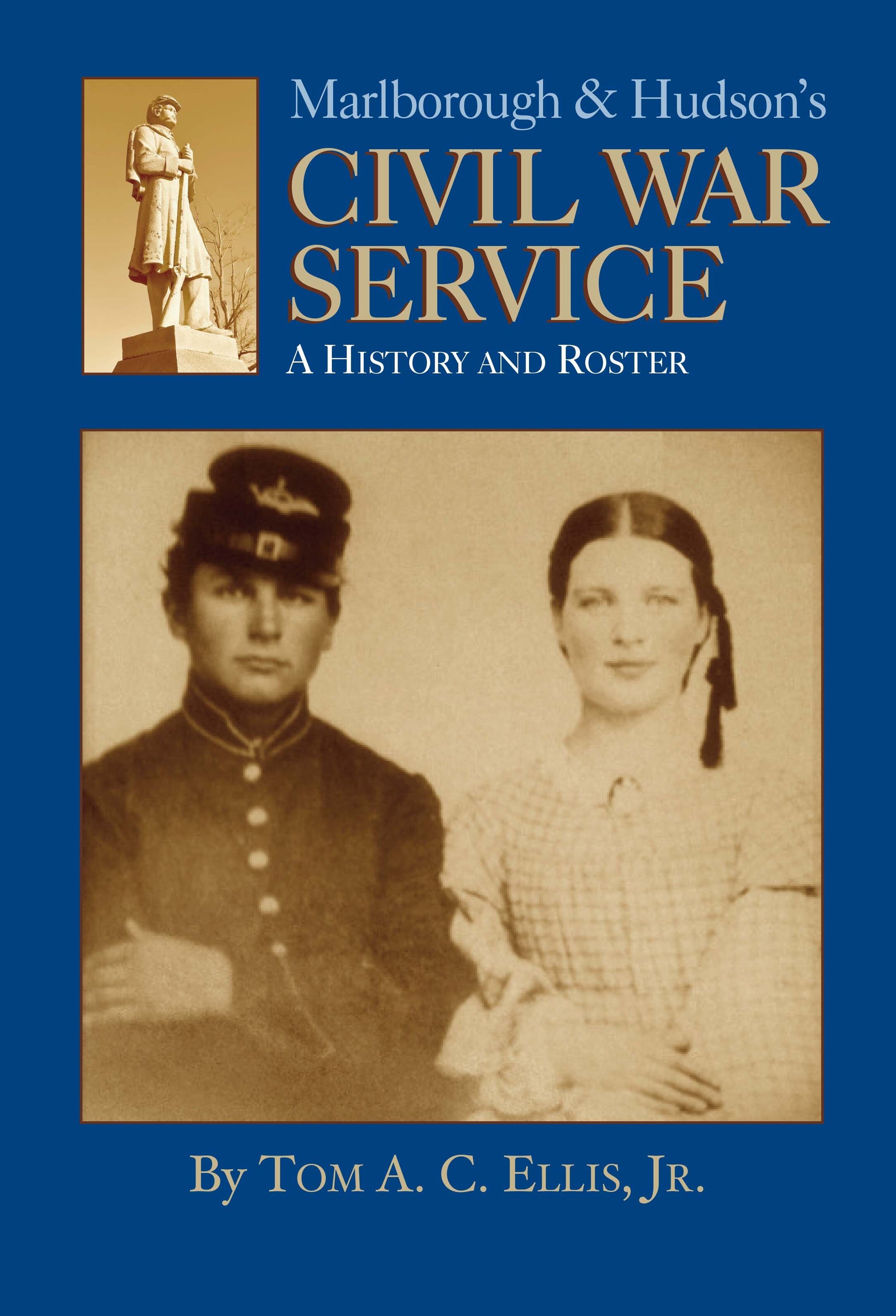Silver Street Media
Marlborough & Hudson’s Civil War Service: A History and Roster
Marlborough & Hudson’s Civil War Service: A History and Roster
Couldn't load pickup availability
By: Tom A.C. Ellis, Jr.
Marlborough/Hudson’s Civil War history and service records were destroyed on December 25, 1902, when the Town Hall burned to the ground. Fortunately, through research, they have been recreated and chronicled in this book.
The pragmatic people of Marlborough/Hudson displayed their contempt for slavery 13 years before the Civil War. They held a “Free-Soil Meeting” in 1848 with over 800 attendees. In 1850, they voted, “not to aid… resist” the Fugitive Slave Law. In 1859, they invited known abolitionist, Reverend Henry Ward Beecher, to give a series of lectures in the Town Hall. They called for an “Indignation” meeting when John Brown was executed.
On April 12, 1861, General P.G.T. Beauregard began three days of shelling Fort Sumter, at the tip of Charleston Harbor, South Carolina. On April 19, 1861, Edward Ingraham and Patrick Kenna rushed from Marlborough to Worcester and enlisted in the 3rd Battalion of Rifles for three months. The earliest a legal town meeting could be held was April 29, 1861. A meeting was held on that date and a war committee of ten men was established. Thus, began a process that Marlborough/Hudson would use for the duration of the war.
A Biographical Roster lists 1,033 men whose service was accredited to Marlborough/Hudson. It delineates their military service, birth, death, parents’ names (including mother’s maiden), burial place and other notable accomplishments when information was available.
Marlborough/Hudson served in almost 75% of all organizations organized by Massachusetts. Seventy-six men would be killed as a result of battle, 49 more would die of disease, 68 would become prisoners of war, 178 would be wounded in battle, and 222 would become disabled and were discharged for their disabilities.
Every black organization formed by Massachusetts was served by Marlborough/Hudson men, as well as National U.S. Colored Regiments.
The women of these towns formed Soldiers’ Aid Societies. They organized sewing circles known as Ladies’ Benevolent Societies. They did much more to comfort soldiers and their families.
Marlborough/Hudson surpassed all duty required of her for the preservation of our Nation. It is this book’s intention that her resolute service never be forgotten.
Product Details
Product Details
Publisher: Damianos Publishing
Author: Tom A.C. Ellis, Jr.
Page Count: 570
* Publisher: Damianos Publishing
View full details

